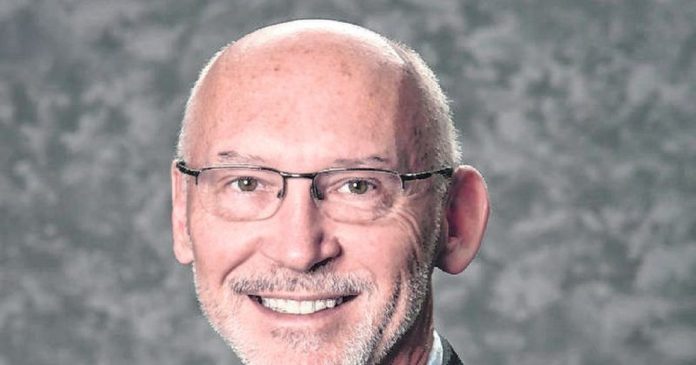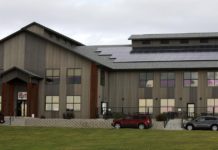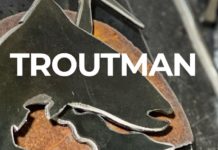My friends would say I’m biased. They’re right.
I love being outdoors, physical labor, the power of sunshine, the sound of a river and birds. I love simple things — like a good hike, the smell of hay and the romance of an old barn. I love working with my hands, the strong back of a horse and a fly-fishing rod.
I also believe that God (or insert your higher power of choice here) made us to be closely connected to the natural world around us. We do better as a species when we spend time outdoors, break a sweat, and get some sunshine.
Sadly, too many of today’s young people are walking around with poor social skills or work ethics, and not one clue how to change a tire, grow a tomato, fix a leaky faucet or start a campfire. Worse yet, a very high percentage of our youth are, or soon will be, struggling with serious mental health issues.
The direct and indirect costs of an exploding mental health crisis in our society, and among our youth, will make COVID-19 pale in comparison and deserves our attention. This issue has a lot of components, but I want to stick to one simple point in this column.
One significant cause of our slipping mental health is quite obvious, and we can do something about this one now: We have become a people who are born, raised, educated, work and die indoors.
Not so long ago, most humans lived outside cities, and their livelihood was pretty closely connected to the land. Today, more than 82% of Americans live in cities and urban areas.
We have blockaded ourselves inside expensive buildings located in high-cost cities with frustrating, stressful commutes, and we breathe polluted air. The National Human Activity Pattern Survey confirms what we already know; that Americans spend less than 8% of their time outdoors.
So many of our big challenges in society—such as health care, poverty, educational attainment, and national security—seem to take a lot of time and money to address. But we can make a significant down payment on slowing our slide into mental chaos — without a big investment — by connecting our kids to the outdoors, to physical labor and to nature.
Parents, health-care professionals and educators have the power to act right now to get our kids outdoors; learning skills; making money; working on projects; and disconnecting from noise, cellphones and stressors.
For example, most folks would probably agree that a lot of kids would find science, biology and physical education more compelling if it were taught across the street from the big, block school building in the local PARK!
A growing body of research confirms my case. Here is one quote from top researchers at the National Academy of Sciences:
“Participants who went on a 90-minute walk through a natural environment reported lower levels of rumination and showed reduced neural activity in an area of the brain linked to risk for mental illness compared with those who walked through an urban environment. These results suggest that accessible natural areas may be vital for mental health in our rapidly urbanizing world.”
To ignore this powerful and free tool, while thousands of young people and adults continue to see their futures compromised, or worse, would be tragic. Every parent, school administrator and counselor can act on this opportunity today.
At Ben’s Ranch Foundation, we’re creating paid, part-time internships at farms, stables and ranches for teens with depression, anxiety and other mental health conditions in Central Indiana. These internships expose the kids to animals and nature, create real-world skills and work ethic. We hope to offer these programs and others nationwide. Join the battle and get a kid outside today.
Brose McVey is an Indianapolis businessman and the founder of the Central Indiana-based Ben’s Ranch Foundation. The not-for-profit organization operates and supports programs designed to connect teens experiencing mental health challenges to internships on farms, stables and equine therapy facilities.Send comments to dr-editorial@greenfieldreporter.com.
Credit: Source link































